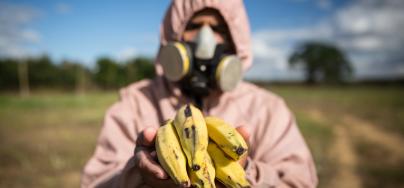women workers
-
1 May 2025
-

Not in this together: how supermarkets became the pandemic’s winners while women workers are losing out
22 June 2021 -

Women’s perspectives matter
20 December 2020 -

“I might not survive this pandemic but right now I am their mother”
8 May 2020 -

Food workers on the frontline of coronavirus
1 May 2020 -

Raising their voices against precariousness: women's experiences of in-work poverty in Europe
15 October 2018 -

Behind the seafood in our markets: stories of human suffering
4 July 2018 -

“One pair of shoes that we make is valued more than our whole month’s salary”
12 January 2018 -

Why the majority of the world’s poor are women
2 March 2017 -
Risky jobs and domestic violence - new report reveals ‘hidden’ social costs of today’s high food prices
22 May 2013